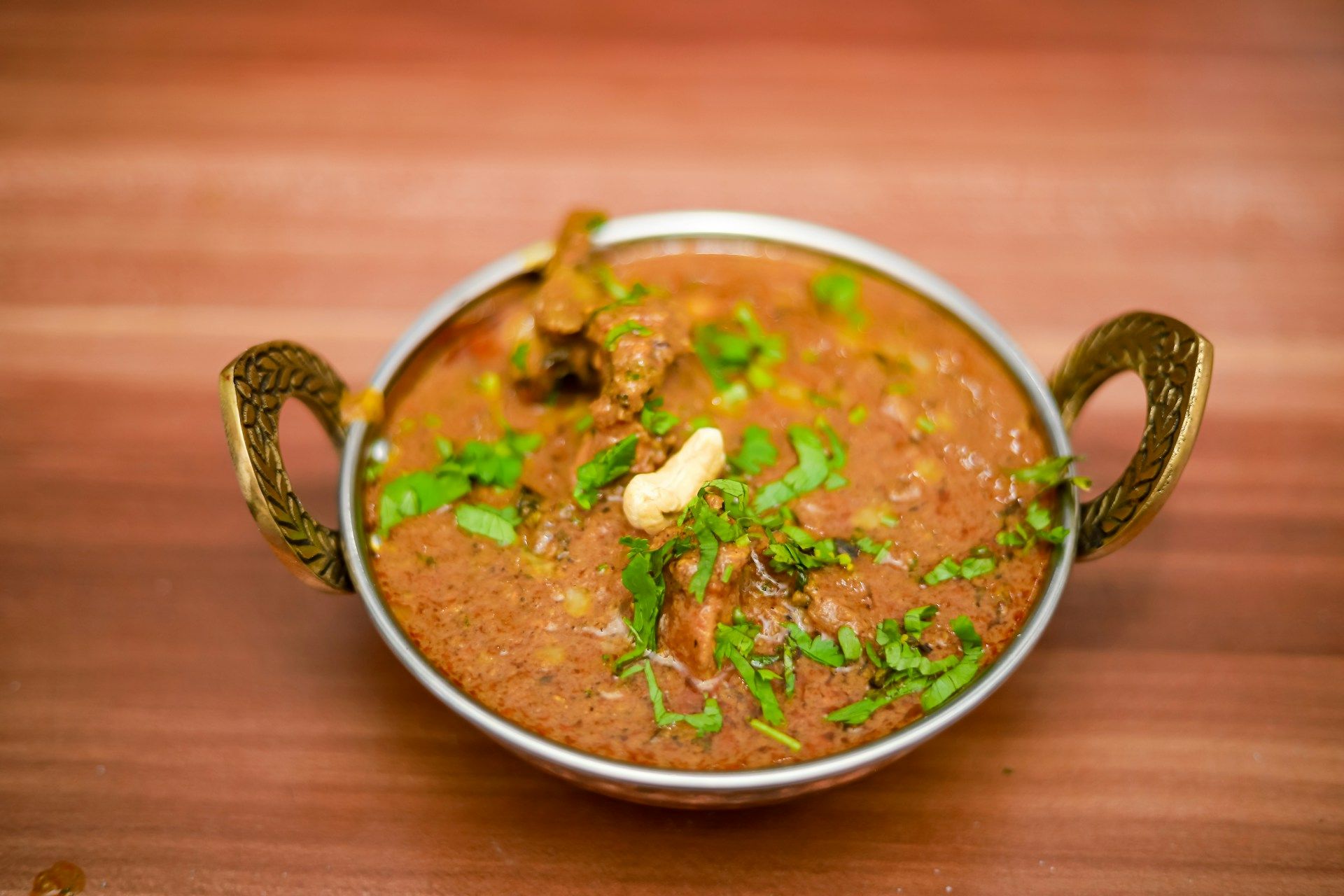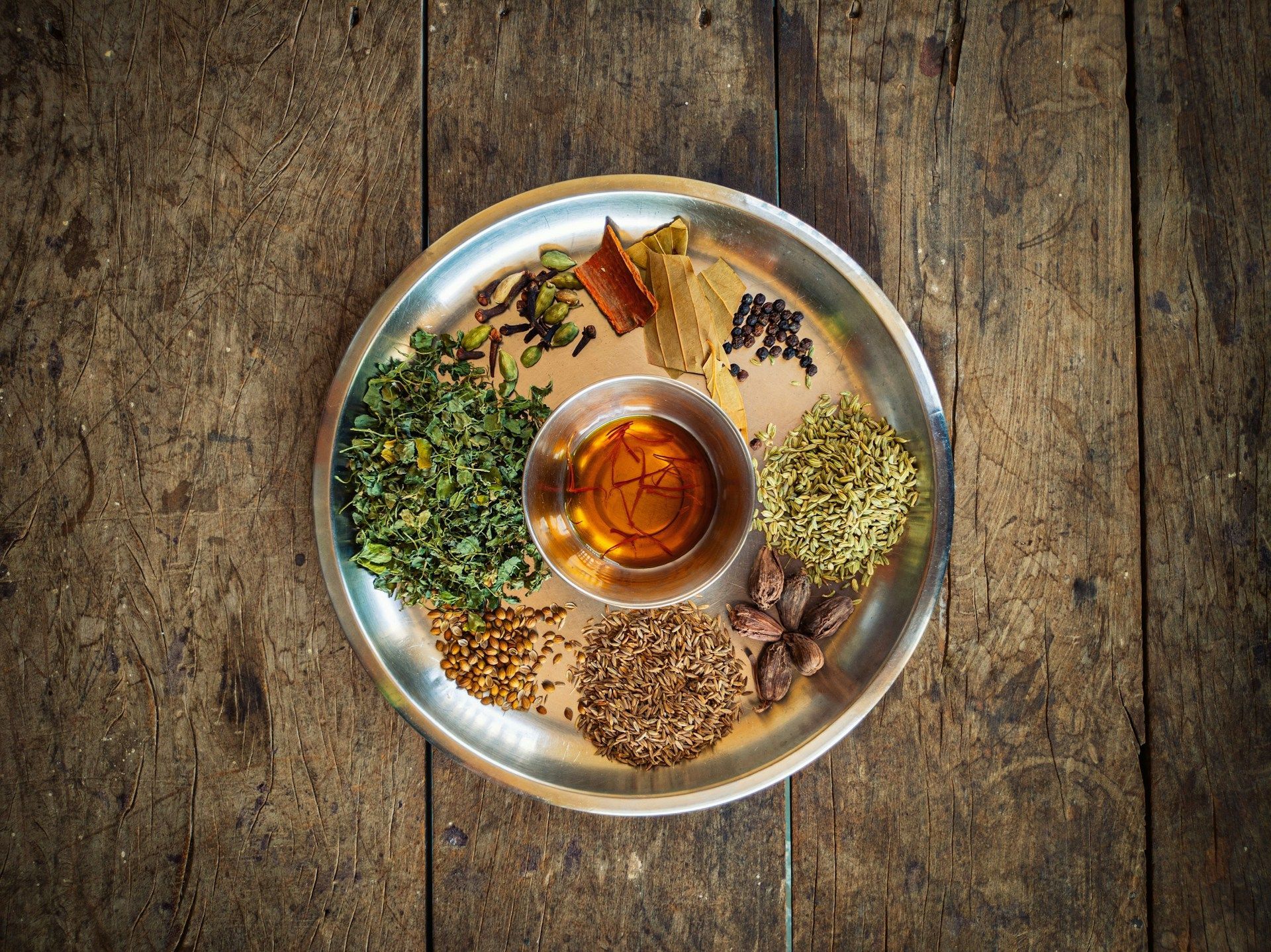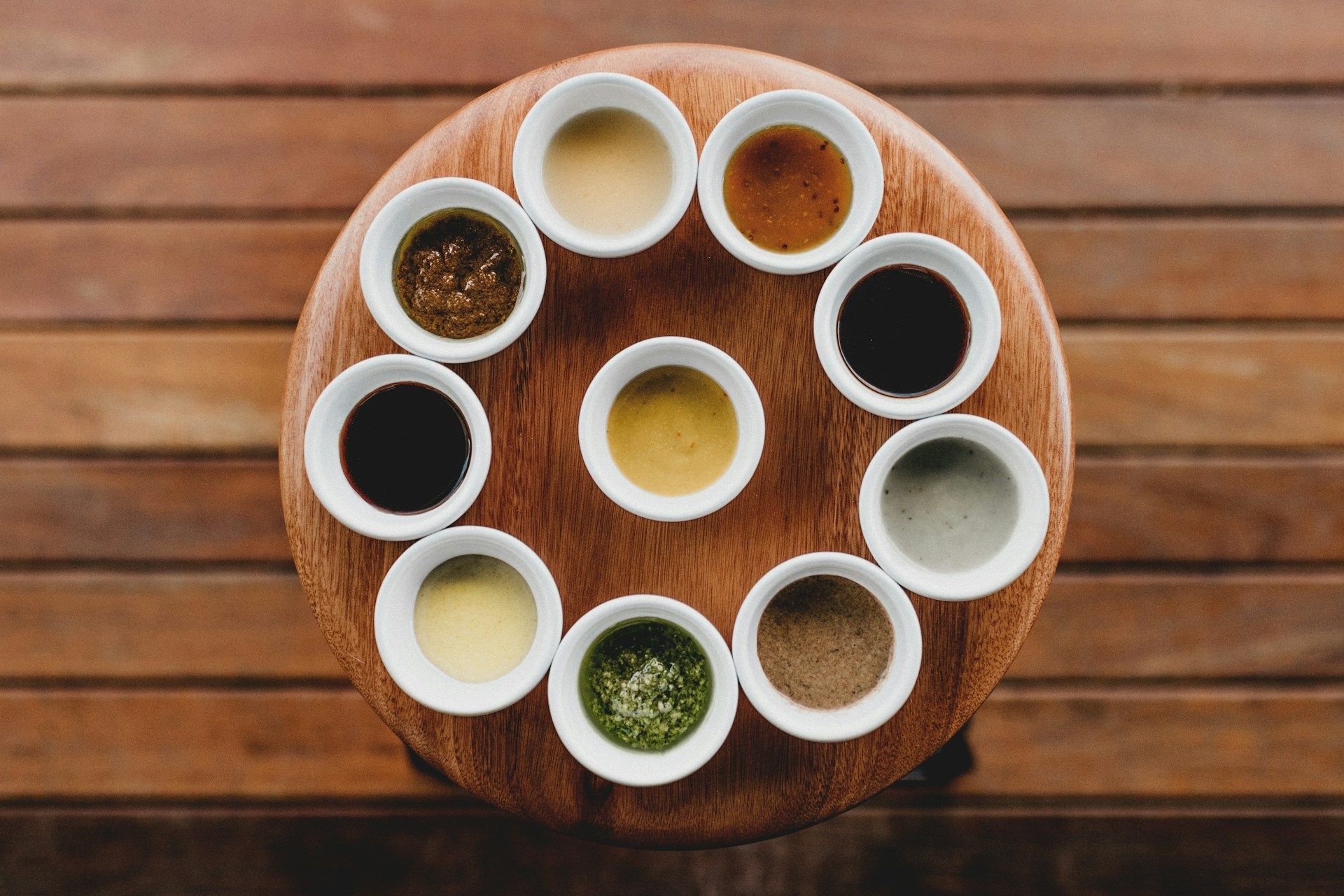Blog Layout
Excuses for Take-Out: 5 Benefits of Eating Curry-Based Dishes
SUHEL AHMED • 12 August 2021
This is a subtitle for your new post
The word “curry” stems from the Tamil word Kari, meaning sauce. In the west, it is a dish composed of a sauce or gravy seasoned with ground spices. There is no Indian dish named curry in the Indian subcontinent. However, the British lumped all sauce-based dishes under a single generic name.
“A curry a day could keep infections at bay.” The researchers from Oregon State University found out that curcumin, an active ingredient found in Turmeric, causes an increase in protein that helps boost our immune system.
Curcumin helps the body fight bacteria and viruses, including those that cause tuberculosis. Professor Adrian Gombart of Oregon State University states that “Curcumin is generally consumed in the diet at fairly low levels.” However, it is possible that, due to sustained consumption over time, it may be a healthier way to protect ourselves from infection, especially in the stomach and intestinal tract.
Anti-Inflammatory and Antioxidant
Turmeric can either be consumed or used topically to treat various skin conditions like rosacea and cellulitis. Rosacea can be treated by applying turmeric essential oil on the area affected or applying turmeric powder diluted in water as a poultice. Meanwhile, turmeric can also be used as a treatment for skin infections like cellulitis.
Prevents Nausea
Several studies have revealed that turmeric can soothe the stomach and help reduce nausea. In a test done with 170 women, it was found that taking at least a gram of turmeric powder for a week was an effective way to reduce sickness related to nausea. It was also compared to anti-nausea medication for women but with fewer side effects.
Meanwhile, other researches found that turmeric can also reduce nausea caused by motion sickness, chemotherapy, and gastrointestinal disorders.
Anti-Cancer
A study
involving three extracts from three different curry leaves grown in various locations in Malaysia showed that they all exhibited powerful effects against an aggressive type of breast cancer. In another experiment involving mice with breast cancer, curry leaf extracts reduced tumour growth and inhibited the spread of cancer cells to the lungs.
Although it’s clear that curry leaves contain compounds that can fight specific cancer cells, research on its effectiveness in humans is still needed.
Reduces Heart Disease Risk Factors
High cholesterol and triglyceride levels may increase your risk of developing heart disease. But in research, it was revealed that consuming curry leaves may benefit heart health in several ways. A two-week study involving mice with high-fat-diet-induced obesity showed that oral treatment with 136 milligrams of curry leaf per pound of body weight per day significantly lowered cholesterol and triglyceride levels.
These findings are promising, but more studies are needed to confirm this potential benefit for humans.
Good for Digestion
Besides adding good flavour to meals, turmeric also promotes good digestion. Western medicine has begun to study how turmeric helps with gut inflammation and gut permeability, two factors that affect digestive efficiency. Turmeric is also explored as an aid for irritable bowel syndrome.
Conclusion
Other than turmeric containing curcumin, curry is an Indian staple that is a mixture of onion, ginger, and garlic. The base is flavoured with several spices such as cardamom, cinnamon, cloves, coriander, cumin, fennel seeds, fenugreek, mustard seeds, black and red pepper. Every time you order your favourite curry meal in your favourite Indian restaurant, think of it as eating a healthy meal full of benefits.
Are you looking for a quick curry fix? Tower Tandoori is United Kingdom’s oldest Indian restaurant
and is found near Tower Hill. Since 1978, we have been dedicated to serving only the best curry dishes for locals and tourists alike. Order online or book a table to enjoy our authentic Indian dishes.
OPEN ALL DAY
12:00 - 11:30pm
7 Days a Week
© 2025. The content on this website is owned by us and our licensors. Do not copy any content (including images) without our consent.










